
ellen clarke
Supervisors: Samir Okasha
less
Related Authors
Johannes Zachhuber
University of Oxford
Robert Lickliter
Florida International University
Galen Strawson
The University of Texas at Austin
Prof. Nagwa Mohamed A . Aref
Ain Shams University
Don Ross
University College Cork
Anna Dornhaus
University of Arizona
Kristen J Gremillion
Ohio State University
Prof. Dr. Moustafa Moharam
Sohag University
Yasha Hartberg
Texas A&M University
David Seamon
Kansas State University
InterestsView All (23)
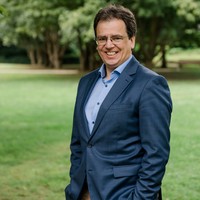
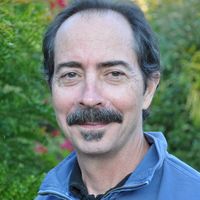

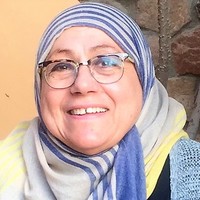

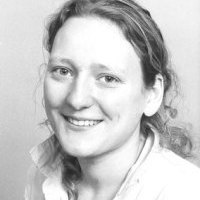
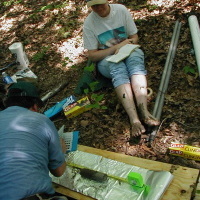



Uploads
Papers by ellen clarke
natural selection operates on a population. In this article I give an abstract (i.e. level-neutral and substrate-neutral)
articulation of the transition process in order to get precise about how such processes can happen, especially how they
can get started.
present biologists cannot agree on one. They know that
counting particular units, and not counting others, allows
them to generate explanatory and predictive descriptions of evolutionary processes. Yet they lack a unified theory telling them which units to count. In this paper, I offer a novel account of biological individuality that reconciles conflicting definitions of “organism” by interpreting them as describing alternative realizers of a common functional role, and then defines individual organisms as essentially possessing some mechanisms that play this role.
natural selection operates on a population. In this article I give an abstract (i.e. level-neutral and substrate-neutral)
articulation of the transition process in order to get precise about how such processes can happen, especially how they
can get started.
present biologists cannot agree on one. They know that
counting particular units, and not counting others, allows
them to generate explanatory and predictive descriptions of evolutionary processes. Yet they lack a unified theory telling them which units to count. In this paper, I offer a novel account of biological individuality that reconciles conflicting definitions of “organism” by interpreting them as describing alternative realizers of a common functional role, and then defines individual organisms as essentially possessing some mechanisms that play this role.